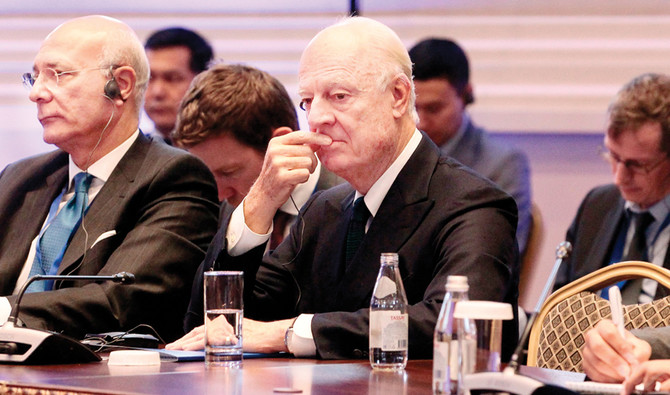Sophie Mangal |
The Saudi Foreign Minister Adel Al-Jubeir stated that the Syrian peace talks in Astana would lead to a ceasefire in the country, but that’s not what Riyadh wants.
The minister’s statement, however, sounds a little bit strange, since throughout the Syrian conflict, Saudi Arabia and other Gulf states have been providing comprehensive assistance to Islamic State terrorists, supplying weapons, equipment, and mercenaries to overthrow Syrian President Bashar al-Assad. There is undeniable evidence of these “acts of good will” on behalf of Saudi Arabia.
#BREAKING #Saudi FM says #Assad ‘will be removed by force’ by the #Syrian people if peace talks fail
— Al Arabiya English (@AlArabiya_Eng) June 17, 2016
Large chemical reserves seized by the Syrian army last week in eastern Aleppo destined for the manufacture of explosives can be characterized as a striking example of this. The bags with chemical materials had the name of the Saudi chemical plant Sachlo printed on them. Meanwhile, the previous month, Saudi Interior Ministry stated that more than 1,500 Saudi Arabia subjects fought in the ranks of ISIS in Syria.
They admitted to receiving about $25 per day in addition to the $400 for their participation in military operations against the Syrian government.
Read more: Yemen conflict: US cuts arms sales to Saudi Arabia
Along with the strong evidence of the Saudi presence in Syria, there are also witnesses and even participants of Riyadh’s intervention. At the very beginning of the conflict, Daily Telegraph journalists stated that Syrian Army arrested several opposition militants who confessed in being paid from the representatives of Saudi Arabia directly through their commanders. They admitted to receiving about $25 per day in addition to the $400 for their participation in military operations against the Syrian government.
Along with the strong evidence of the Saudi presence in Syria, there are also witnesses and even participants of Riyadh’s intervention.
To be mentioned is that Al-Jubeir’s statement drastically differs for the earlier stated goal as Saudi Arabia is unlikely to be interested in the peaceful settlement of the Syrian crisis. Saudi Arabia also fears that if the Syrian government gets an upper hand over terrorists, they will have to return home. The major part of the militants is the Persian Gulf citizens and it is a direct threat to the Saudi Arabia regime.
This piece was first published in The Duran. It has been reprinted with permission.
The views expressed in this article are the author’s own and do not necessarily reflect Global Village Space’s editorial policy.














